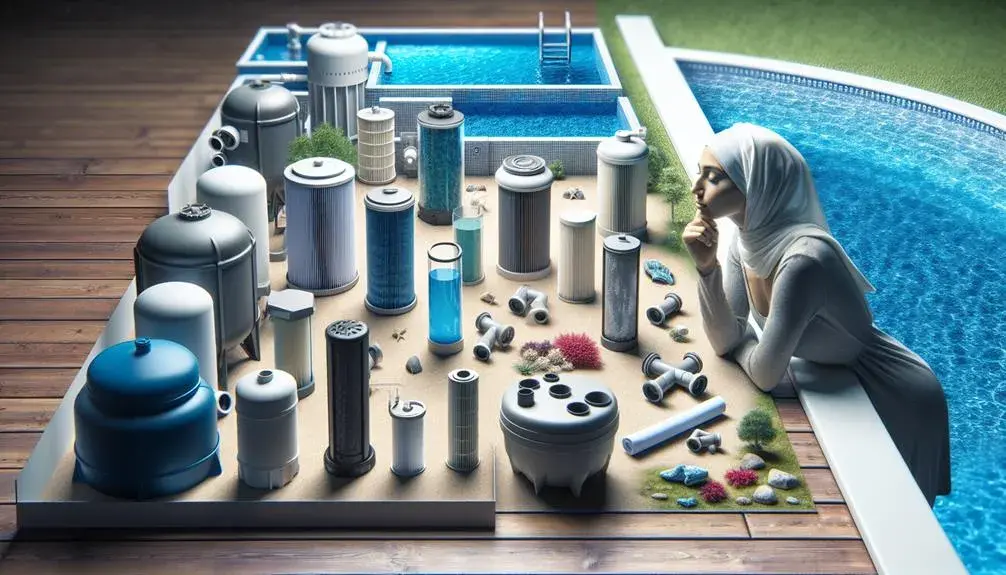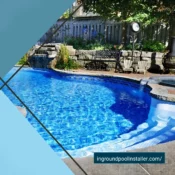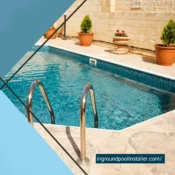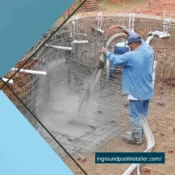How to Choose the Right Filtration System for Your Inground Pool

How to Choose the Right Filtration System for Your Inground Pool
The process of choosing the correct filtration system for your inground pool can be a complex task that requires a thorough understanding of various factors including, but not limited to, pool size, system capacity, and maintenance demands.
As an integral component of any pool, the filtration system is crucial for maintaining both the aesthetic and hygienic qualities of your pool water. Therefore, making an informed decision on this matter will not only ensure the health and longevity of your pool but also potentially save you significant time, effort and money in the long run.
While the task may seem daunting, this discussion aims to equip you with the necessary knowledge and insight to make this decision with confidence, leading to a cleaner, healthier, and more enjoyable pool experience.
Understanding Pool Filtration Systems
To fully appreciate the process of choosing an effective filtration system, it is essential to have a thorough understanding of how these systems operate within the context of an inground swimming pool. The primary function of a pool filtration system is to remove impurities and debris from the water, ensuring its cleanliness and safety.
The system operates through a combination of skimmers and drains that siphon water into a filter chamber. Here, contaminants are physically trapped and separated from the water. The purified water is then returned to the pool.
Understanding this process can guide you in selecting a system that suits your pool's specific needs, contributing to a more enjoyable and healthier swimming experience.
Selecting Your Ideal Filtration System
Having gained a solid understanding of how pool filtration systems function, we can now focus on the crucial task of selecting the ideal system tailored to your specific needs and preferences.
The choice will primarily depend on three factors: the size of your inground pool, frequency of use, and budget. Larger pools with frequent use require high-capacity systems like sand or DE filters, while smaller, less frequently used pools can suffice with cartridge filters.
Your budget will also play a significant role, as DE filters, while efficient, are more expensive than sand or cartridge filters. Take time to conduct a comparative analysis of the options against your needs before making a decision.
This way, you'll ensure your pool stays clear, clean, and enjoyable for years to come.
All Categories
- Concrete
- Concrete
- Concrete pools
- Construction
- Custom Features and Add-ons
- Design
- Design
- Design
- Design & Construction
- Design and Planning
- Features & Customization
- Infinity edge
- inground pool
- inground pool builder
- inground pool installer
- Installation
- Installation Process
- Legal & Administrative
- Materials
- planning and design
- Pool Aesthetics and Customization
- Pool Design
- Pool Equipment
- Pool Features
- Pool Features
- Pool Installation Process
- Pool Materials
- Pool Materials
- Pool Types
- Project Planning
- Renovation
- Resurfacing
- top sights
- Types of Inground Pools
- Types of Inground Pools
- Types of Inground Pools
- Types of Inground Pools
- Water Treatment



